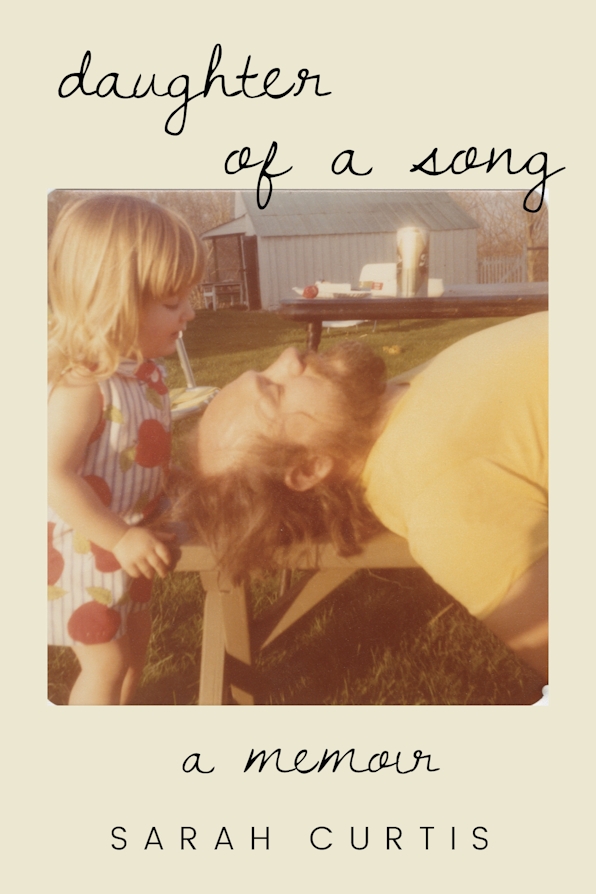It’s a mystery even to my father, how a brainstorm at age twenty-two would go on to define much of his life—and mine. It’s certainly not the best song he ever wrote. Yet Rolling Stone magazine ranks it at #175 on the list of 500 Greatest Songs of All Time. It’s as if the reaction to the song has eclipsed the song itself, which is more than the sum of its simplistic parts. A three-chord melody, lyrics a child could write: I needed money, and I had none. I fought the law, and the law won. Anarchy at its most elemental.
Perhaps the song’s simplicity is its strength, the thing allowing it to serve so many agendas. It is what music publishers call an “evergreen” song, and indeed, it has resurfaced at least once a decade since The Bobby Fuller Four released it in 1965. In the 1970s, the Dead Kennedys released a punk parody of it as a social commentary after courts acquitted the man who assassinated San Francisco mayor George Moscone and his supervisor, politician and gay rights activist Harvey Milk. In 1989, US troops blasted The Clash’s version outside Panamanian dictator Manuel Noriega’s compound until he gave himself up—one more person done in by rock ‘n’ roll. In 2004, the song was used as a marketing tool when Green Day covered it for a Pepsi/iTunes Super Bowl ad. Recently I opened my mailbox to find my father had sent me a larger birthday check than usual. When I called to thank him, he said, “Well, don’t get too used to it, honey. ‘I Fought the Law’ had a good year in Australia.”
To grow up surrounded by the physical manifestations of a parent’s art is a complicated dynamic, especially when that art enters the public sphere. If my father were a psychiatrist or a car dealer, I wouldn’t be confronted with his work while strolling the cheese aisle at my local Kroger. My father’s songs pierce my reality—and that’s often what it feels like, a puncture, a breach—at strange and unexpected times: when I’m riding an elevator, or watching TV, or, as “I Fought the Law” did the other day, while wandering a vintage car show with my kids. While not unwelcome, these moments can feel lonesome. I would never announce to strangers in my vicinity, “My dad wrote this song!” Instead I inhabit a three-minute pocket of solitude, everyone around me oblivious to my father’s words pulsing through my head, dredging up a lifetime of memories and associations and sensations that are mine and mine alone.
